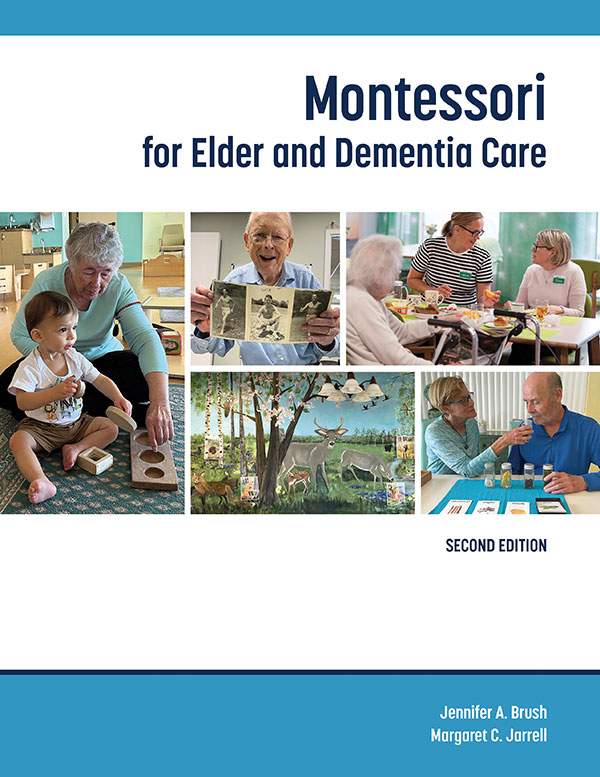Comprehensive Dementia Care Charlotte: Supporting Families with Caring Solutions
Comprehensive Dementia Care Charlotte: Supporting Families with Caring Solutions
Blog Article

Comprehending Mental Deterioration Care: An Overview for Loved Ones
The complexities of mental deterioration treatment need a nuanced understanding that prolongs beyond standard understanding of the problem itself. For loved ones, recognizing the very early signs and carrying out efficient interaction techniques are essential in fostering a supportive atmosphere. Furthermore, caregivers have to not ignore their very own health, as it significantly impacts their capability to give thoughtful care (memory care facility charlotte). As we explore these crucial parts, it ends up being obvious that the trip of comprehending dementia treatment is not simply about the individual impacted, however likewise regarding the detailed dynamics that shape their experiences and connections. What insights can change this journey?
What Is Mental deterioration?
Mental deterioration is a cumulative term that encompasses an array of cognitive problems defined by a decrease in memory, thinking, and social capabilities extreme enough to hinder everyday life. It is not a specific illness yet rather an umbrella term that consists of various sorts of cognitive conditions, with Alzheimer's disease being one of the most prevalent. Various other kinds include vascular dementia, Lewy body dementia, and frontotemporal dementia, each with unique attributes and underlying causes.
The onset of mental deterioration typically involves steady cognitive decrease, affecting the individual's ability to do day-to-day jobs and involve meaningfully with others. These impairments can show up as problems with communication, analytic, and judgment. As mental deterioration proceeds, people may experience changes in mood and habits, which can further complicate their treatment and social communications.
Comprehending dementia is crucial for family members, caretakers, and health care experts to supply proper support and interventions. Early medical diagnosis and treatment can help take care of signs and improve the lifestyle for those influenced. Furthermore, it promotes a much deeper understanding of the difficulties faced by individuals with mental deterioration, highlighting the relevance of caring treatment and support throughout their trip.
Acknowledging the Signs
Identifying the signs and symptoms of dementia very early is important for reliable intervention and assistance - dementia care charlotte. Dementia includes a range of cognitive problems that can materialize in numerous ways, commonly preventing day-to-day performance and quality of life. Usual early signs and symptoms include amnesia, particularly neglecting recent occasions or discussions, which may originally be disregarded as normal aging
As the problem progresses, people may show problems with problem-solving, preparation, or completing familiar tasks, such as handling finances or following a dish. Confusion concerning time or location typically arises, causing disorientation and stress and anxiety. Adjustments in mood and habits are likewise considerable signs; people might end up being withdrawn, irritable, or exhibit lethargy in the direction of tasks as soon as enjoyed.
In addition, obstacles in language can surface, manifesting as trouble in finding the best words or following discussions. Acknowledging these symptoms early can facilitate prompt medical assessment and treatment preparation. It is vital to approach these observations with level of sensitivity and understanding, as they can be traumatic for both the private and their loved ones. Motivate attention to these signs can bring about far better outcomes check my site and assistance for those impacted by dementia.
Reliable Interaction Strategies

Non-verbal cues play an essential function in interaction. Preserving eye call, using suitable face expressions, and utilizing gestures can assist convey your message much more successfully. Furthermore, developing a distraction-free setting can better facilitate significant communications.
Active listening is important; offer the individual adequate time to respond without disrupting. Confirm their experiences and feelings, which cultivates count on and urges open dialogue. When talking about acquainted topics or memories, utilize motivates to lead the discussion, helping them really feel engaged and valued.
Last but not least, be prepared to adapt your approach based upon the individual's present cognitive state. Adaptability in interaction methods makes sure that you continue to be linked, reinforcing the significance of your connection. By carrying out these approaches, you can create a supportive environment that motivates favorable interactions with people impacted by mental deterioration.
Developing a Helpful Environment
Developing a supportive environment is essential for enhancing the high quality of life for individuals with dementia. This atmosphere should focus on comfort, safety and security, and experience to minimize stress and anxiety and complication.
Incorporating routines can supply a sense of security. Predictable routines assist people with dementia comprehend what to anticipate throughout the day, consequently minimizing sensations of disorientation. Customizing the space with acquainted products, photos, and mementos can evoke positive memories and create a feeling of belonging.
Additionally, consider the sensory aspects of the environment. Soft colors, soothing aromas, and mild noises can add to a calm ambience. Equilibrium stimulation to stay clear of overwhelming the person; quiet locations for relaxation should enhance a lot more active rooms for social interaction.
Self-Care for Caregivers
Supporting people with dementia calls for not only a well-structured environment however also focus to the wellness of caretakers. Caregivers often deal with psychological, physical, and psychological challenges that can cause burnout otherwise properly attended to. Prioritizing self-care is necessary to preserve their health and effectiveness in giving care.
First, caregivers need to establish a normal routine that includes time for individual tasks and leisure. Participating in hobbies, workout, or merely walking can substantially alleviate stress and anxiety. It is critical to maintain a balanced diet regimen and ensure sufficient sleep to boost physical strength.
In addition, caretakers need to look for social assistance. This can be completed by signing up with assistance teams, involving with buddies, Website or talking with family members about their feelings and experiences. Such connections help caretakers feel much less separated and offer beneficial emotional outlets.
Lastly, caregivers ought to not think twice to seek professional help when needed. Consulting psychological health content and wellness experts can assist in developing coping techniques and provide tools for taking care of the emotional toll of caregiving. By actively practicing self-care, caregivers can enhance their wellness, eventually profiting both themselves and the individuals they look after.
Verdict
In conclusion, comprehending dementia care is crucial for enhancing the quality of life for individuals influenced by this problem. In addition, prioritizing self-care for caretakers ensures their wellness, inevitably profiting both caregivers and those obtaining treatment.
As we explore these important elements, it becomes obvious that the journey of understanding dementia treatment is not just regarding the specific affected, however likewise regarding the elaborate characteristics that form their experiences and relationships. Various other forms consist of vascular mental deterioration, Lewy body dementia, and frontotemporal dementia, each with unique attributes and underlying causes.
As dementia advances, individuals may experience modifications in state of mind and actions, which can even more complicate their treatment and social interactions.
Furthermore, it fosters a deeper understanding of the challenges encountered by individuals with dementia, highlighting the relevance of caring treatment and assistance throughout their journey.
In final thought, comprehending mental deterioration care is vital for boosting the quality of life for people affected by this problem. (memory care facility charlotte)
Report this page